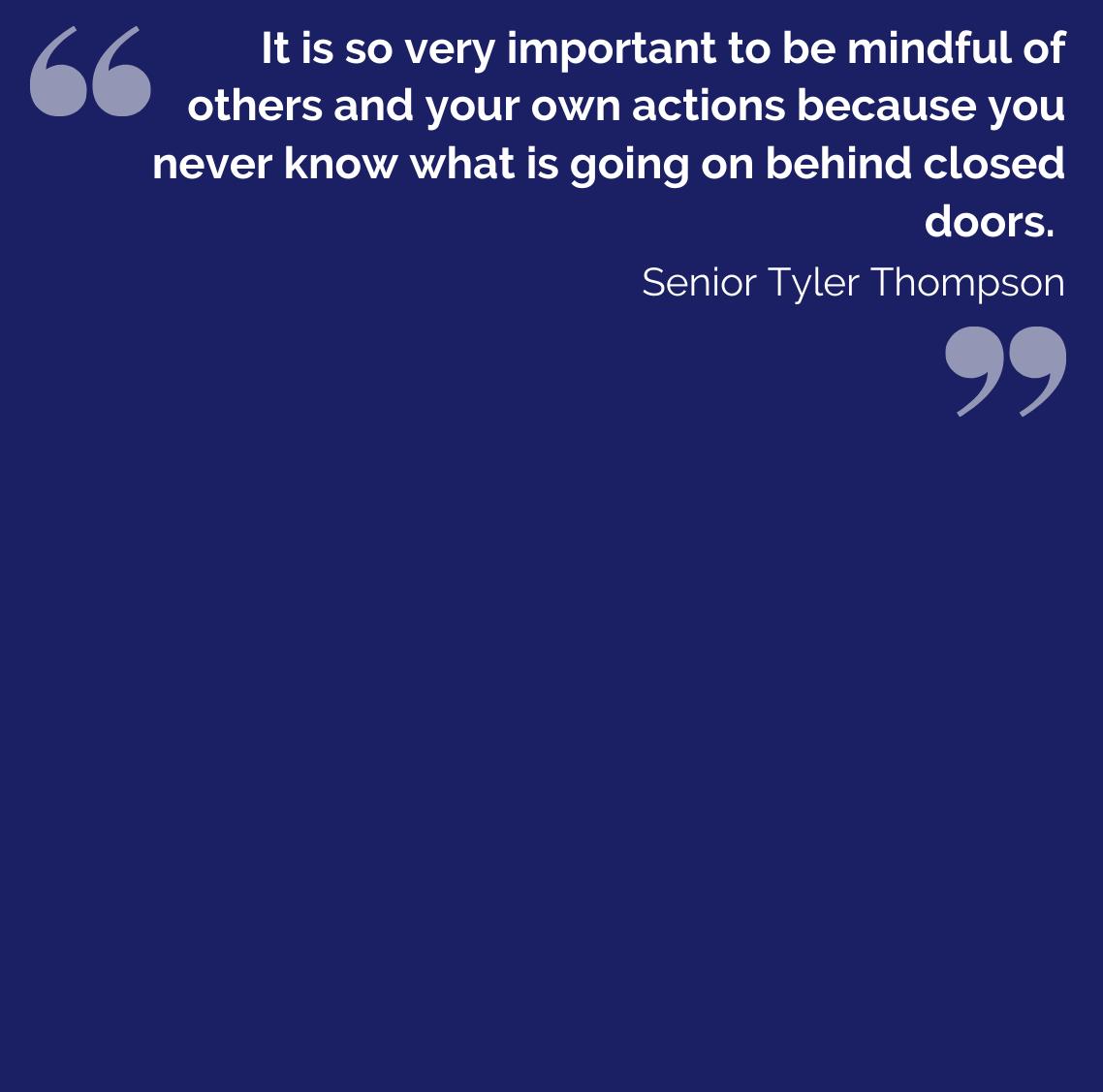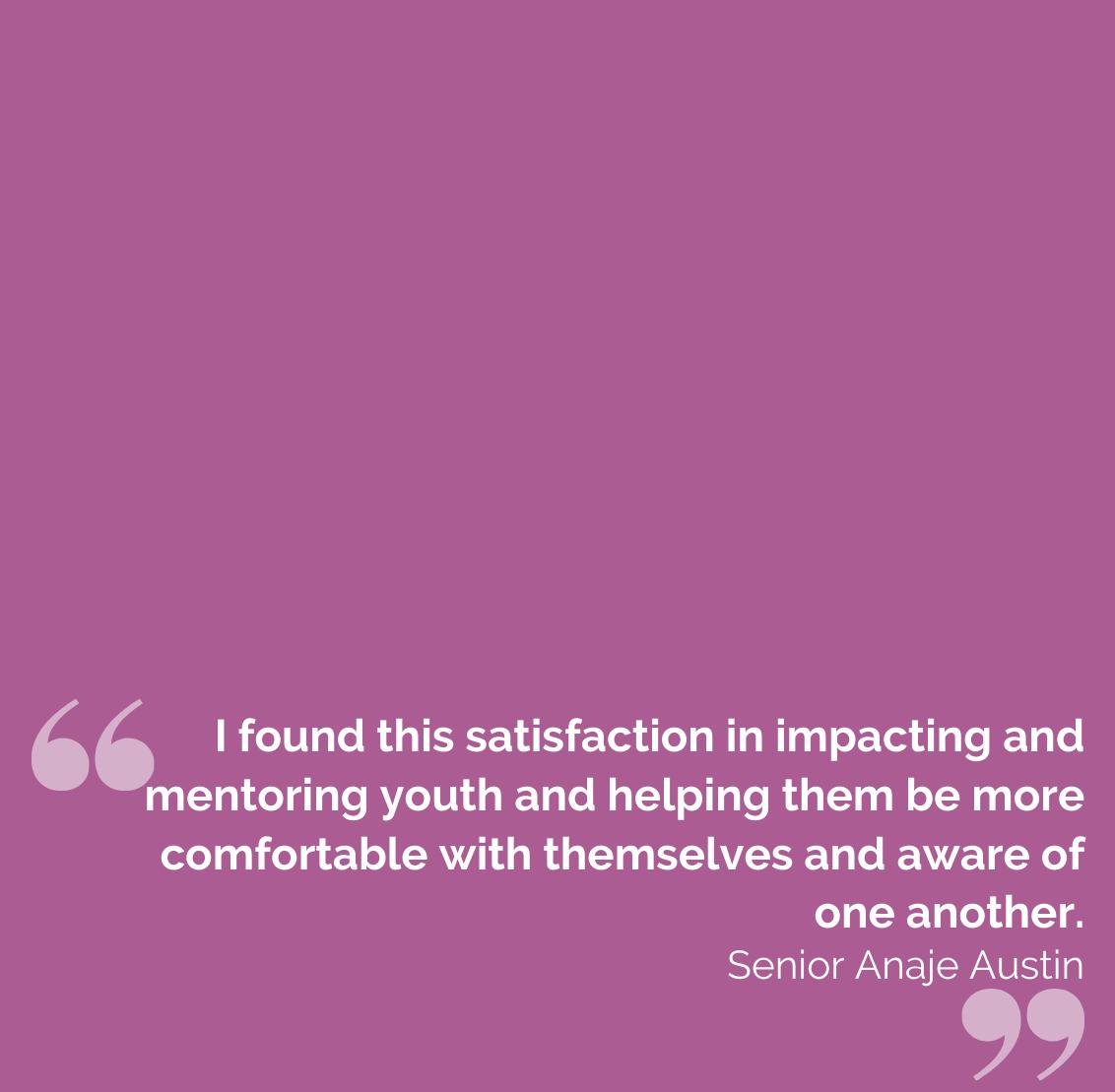
4 minute read
MINDFULNESS
MIND OVER MATTER Incorporating mindfulness into daily life Rachel Lechwar • Copy Editor Destiny Tran • News Editor
Do you ever find yourself going into autopilot while walking to classes? Or unable to tear yourself away from tasks you have to complete while trying to enjoy a vacation? What about constantly replaying the day’s events as you try to go to sleep?
In a lifestyle that thrives on productivity and connectivity, many find it difficult to unplug from these distractions. But researchers and psychologists alike have pinpointed one solution to ease these distractions and improve the quality of life: mindfulness.
Mindfulness is simply being aware of the present moment. This means consciously removing one’s thoughts from any other time and instead focusing on events as they unfold without judgment.
“Mindfulness teaches you to stop, pay attention to what you’re doing, then move forward,” Professional Life Coach Dr. Asha Jaleel said.
Jaleel implements mindfulness in her practice, working with clients who have chronic pain or ADHD. Mindfulness is employed during therapy, in the workplace and at school as a means of coping with negative emotions and stress. It encourages people to accept negative emotions as a part of the human experience instead of resisting them.
In the past decade, psychologists have discovered the scientific benefits of mindfulness as the practice became more widespread.
IMPROVES MENTAL HEALTH
Several studies point to decreased anxiety and depression in those who practice mindfulness. In a 2018 Harvard study, MRI scans displayed less activity in the amygdala, the fear control center of the brain, after an eightweek mindfulness meditation period. Researchers scanned the brain while participants engaged in normal activities to conclude that the effects of
mindfulness carries into daily life, according to The Harvard Gazette. The same eight-week program is designed as a form of Mindfulness-Based Cognitive Therapy (MBCT) intended to prevent relapses of depression, reducing the risk by 43 percent, according to the American Psychological Association (APA).
IMPROVES SCHOOL PERFORMANCE
Students may attest to the distractions that exist when faced with loads of homework. Even students who do not experience depression or anxiety may not be best utilizing their time to finish assignments.
A University of British Columbia-Vancouver study of 2,000 students used a Mindfulness Attention Awareness scale to test mindfulness, and those who scored higher also had higher test scores.
“It helps you get into the zone,” Jaleel said. “It is a good study habit to be in the present moment, not thinking about what is going to happen two days from now or in the weekend. The more you practice mindfulness, the less automatic you’ll be as a human being.”
BENEFITS THINKING AND MEMORY
Mindfulness improves working memory, correlating a higher state of mindfulness with the ability to remember old stimuli relative to new stimuli, according to The National Center for Biotechnology Information. When one can remain focused on the present moment, it increases focus and thus allows more information to be encoded.
It also develops selfobservation, which allows a better understanding of self and allows more adaptive responses to stress, according to the APA.
Psychology and religion and teacher Alex Maples



incorporates mindfulness in her courses. She created Mindful Mondays this school year by doing activities such as journaling, drawing and quiet breathing. These activities are ways to help the students relax and find the best technique for their mindfulness.
“I think it would be really great to incorporate in any class,” Maples said.
Cortisol is a stress hormone that serves as an alarm system for dangerous situations, according to Mayo Clinic. Practicing mindfulness lowers cortisol and helps slow down thoughts.
Maples recommends breathing exercises, short walks and morning rituals.
“How you start and end your day is really important,” Maples said. “A lot of people start their day in a rush and end their day on their day on their phone to numb out what they’re thinking about. It’s good to start your day with intention and end the day with intention.”

Students have told Maples that Mindful Monday makes them happy. The 10 minutes dedicated to mindful thinking, they tell her, has helped them feel relieved and relaxed.
Maples also serves as sponsor for the Empathy Group, organized by seniors Tyler Thompson and Anaje Austin. The group promotes mental awareness in hopes of improving overall student wellbeing on campus, and its 10 members have distributed green ribbons for Mental Health Awareness Month in October and invited students to write gratitude cards for their peers before Thanksgiving. They also travel to Catholic grade schools in the diocese and present to students about the importance of empathy and treating one another with respect.
“I got involved because I saw a need for mental health awareness in our school community, and I wanted to do something proactive in our school and diocese,” Thompson said.











